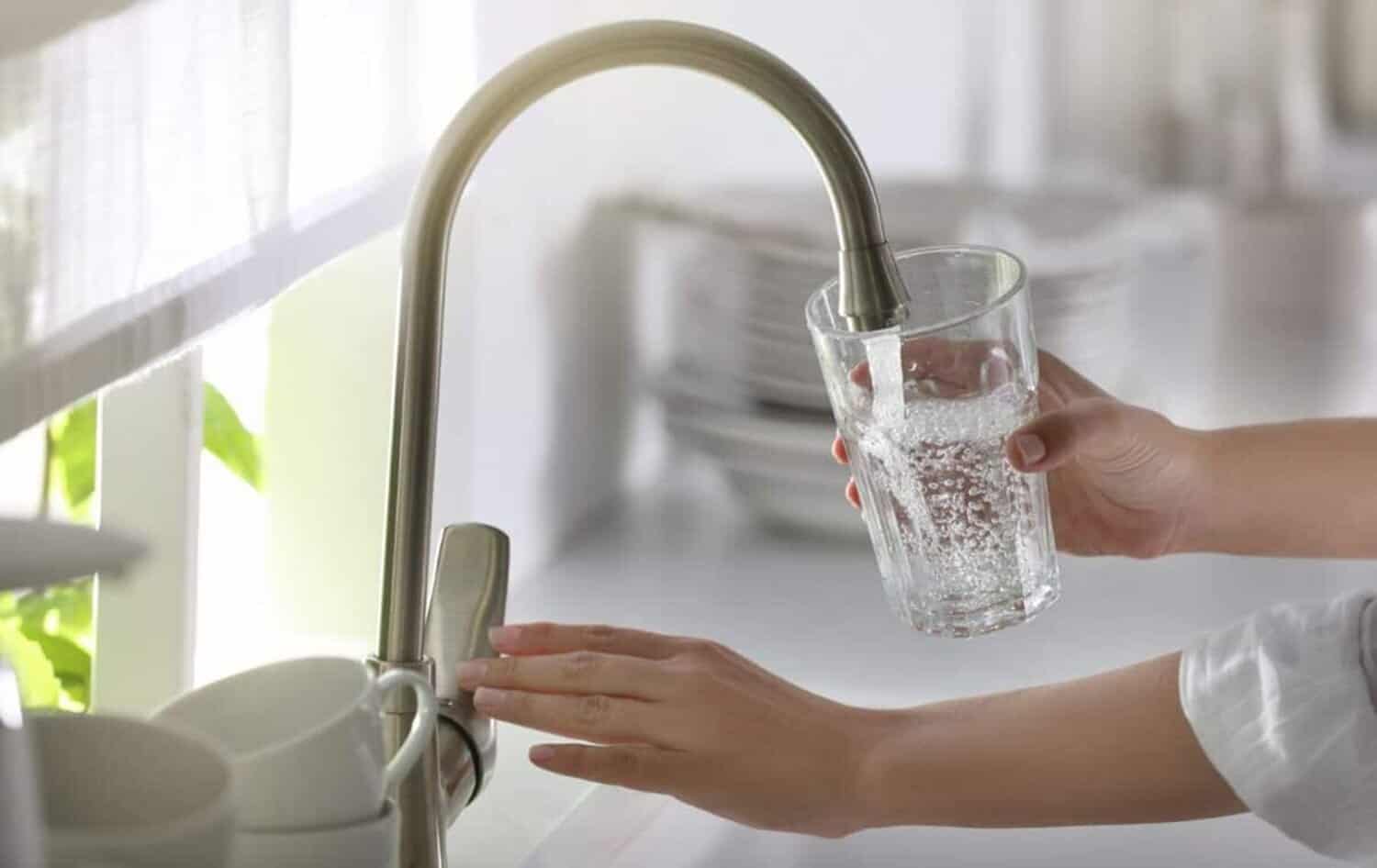'Rand Water has not detected ARVs at the point of abstraction in the Vaal Dam and not in any of its treated drinking water'

Rand Water has allayed fears of ARV-contaminated drinking water in Gauteng.
Recent research by North-West University found a significant concentration of antiretrovirals (ARVs) in SA water sources. A high number of South Africans are currently on HIV/Aids treatment, leading to traces of the chemical entering sewage systems.
Water and sanitation department spokesperson Wisane Mavasa said this week that traces of ARVs were found downstream of wastewater treatment plants.
“This means that the municipal wastewater treatment works are not removing them, because most existing wastewater treatment works have not been designed to remove CECs. Low concentrations of ARVs were found in some of the drinking water samples.
“There is a possibility that high concentrations of ARVs in sewage or municipal wastewater might reduce the effectiveness of the wastewater treatment works in removing bacteria from the wastewater. Further research is required in this regard,” Mavasa said.
Rand Water on ARVs
Rand Water said it had been monitoring ARVs since 2015 and confirmed that it had located the chemicals in natural waters located downstream of wastewater treatment plants. However, the utility takes water from the Vaal Dam, which is upstream of these plants.
“Rand Water has not detected ARVs at the point of abstraction in the Vaal Dam and not in any of its treated final drinking water.”
It assured the public that its drinking water is safe for human consumption and complies with water standards.
“Rand Water remains committed to ongoing research around emerging contaminants in source waters. This is achieved through active participation in national research projects and funding of university chairs in water utilisation, organic chemistry and public health.”
ALSO READ: Here’s government’s plan for South Africa’s ARV-contaminated water
Government to address contamination if needed
Speaking in Parliament on Tuesday, the water department said it would develop strategies to address contamination, if necessary. This would include working with researchers and the Water Research Commission.
“Most wastewater treatment works were designed some time ago and they weren’t designed with this high level of antiretroviral chemicals being in sewage in mind,” the department’s director-general Sean Phillips said.
NOW READ: Water department explains why microplastics, chemicals and ARVs are in South African water
Support Local Journalism
Add The Citizen as a Preferred Source on Google and follow us on Google News to see more of our trusted reporting in Google News and Top Stories.






